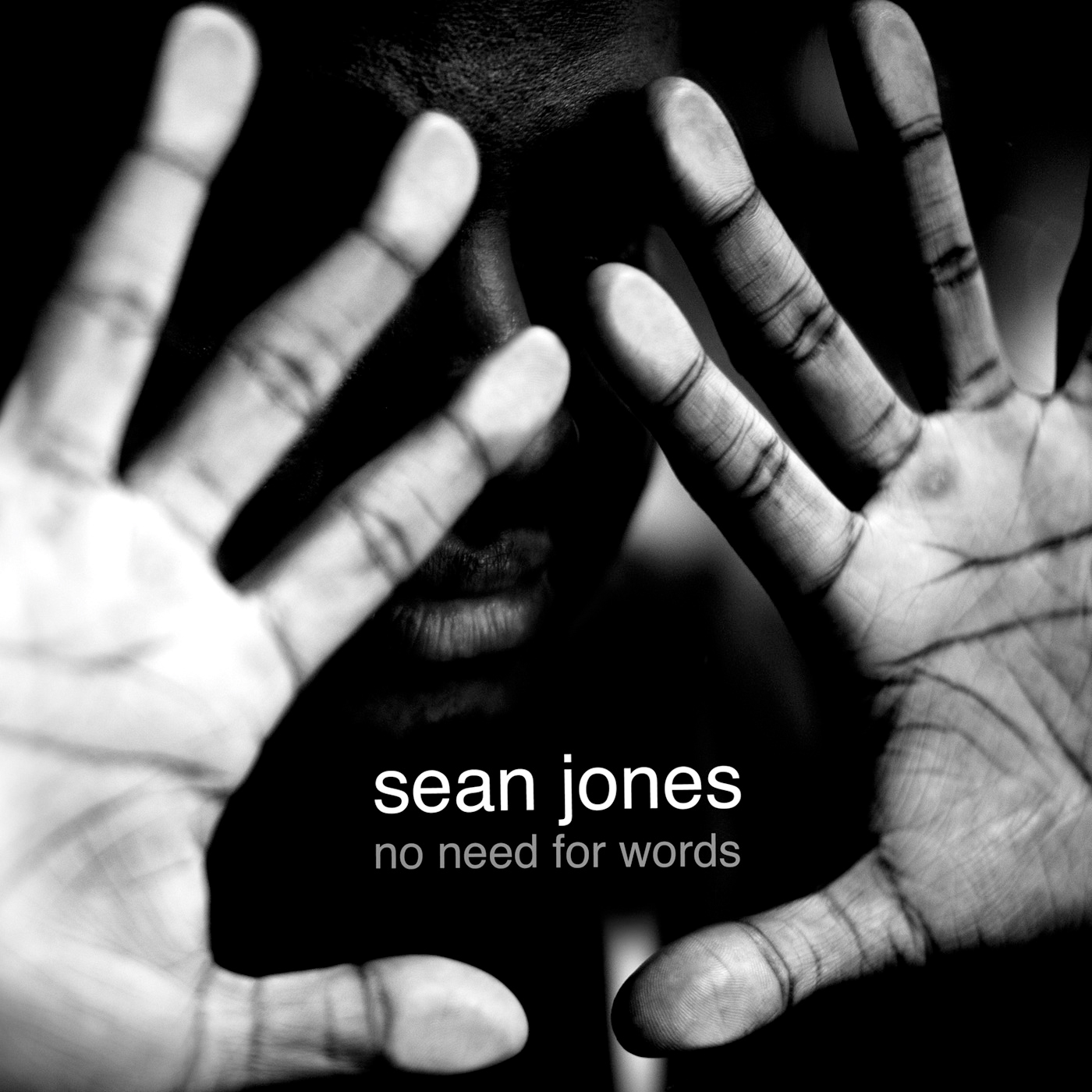When I think about love, I often simplify the emotion. Since I’m an addict of the Beach Boys, when the word enters my mind I see images of sunburned teenagers holding each other, stargazing on the hoods of Hondas. But this isn’t the way love always manifests itself in real life. There are elements of uncertainty, layers of guilt, and habits of doubt that come with the experience, and trumpeter Sean Jones gives an affecting musical vocabulary to these and many other of love’s incarnations on No Need For Words, his sixth full length. A champion for concept records, Jones was determined to make an album that focused on romantic themes that didn’t rest on run-throughs of established jazz standards. His decision to generate new compositions for this release, made up of seven originals by Jones and one by alto saxophonist and band member Brian Hogans, turns out to be an inspired choice. No Need For Words achieves many moments of touching emotion largely on the strength of Jones’ abilities as a composer, navigating through a diverse array of perspectives on a concept that deserves to mined for all of its worth.
Still young at the age of thirty-two, Jones has an impressive pedigree. Ripe from a five year stint as lead trumpeter for Wynton Marsalis’ Lincoln Center Jazz Orchestra and now setting on a summer tour of Europe with Wayne Shorter, Herbie Hancock and Marcus Miller to pay tribute to Miles Davis, this is Sean Jones’ moment to enter in his card with the jazz heavyweights of this generation. No Need For Words is, fittingly, bursting with creative firepower. From the bright and bouncy optimism of “Look and See” to the closing requiem prayer of “Forgiveness (Release),” the collection boasts sixty minutes of motivated and passionate musicianship highlighted by Jones’ deeply soulful tone on trumpet. The album can become slightly bogged down by the scale of the concept it’s attempting to give voice to, but when preoccupations with love’s universality are dropped in favor of direct experiences from Jones’ life, specifically the pieces that discuss his relationship with his parents, the compositions and musicianship of No Need For Words shine.
On a record thickly populated with arresting moments of opennness, none is more compelling or lovely than Jones’ tribute to his mother, the sincere “Momma.” Essentially a gospel hymn, the song’s instantly memorable melody gives Jones the space he needs to uncork a huge reservoir of feeling for his obviously loved mother. His solo in the track’s final two minutes screams with a kind of joy that can only duplicated by a baby’s laughter, and it’s simply one of the best compositions of the year. “Forgiveness (Release)” also touches a nerve with Jones moving on from the troubled relationship with his now-deceased father, and the tune once again adopting a slow, heartfelt gospel style that worked successfully in “Momma.” “Forgiveness” also unfortunately points out the album’s occasional tendency to be over-produced in moments, here on the effects placed on Brian Hogans’ alto saxophone. A more stripped-down direction in the production work might have benefited the earnestness of Jones’ vision, but even in its current form No Need For Words is a strong and often deeply human album.

